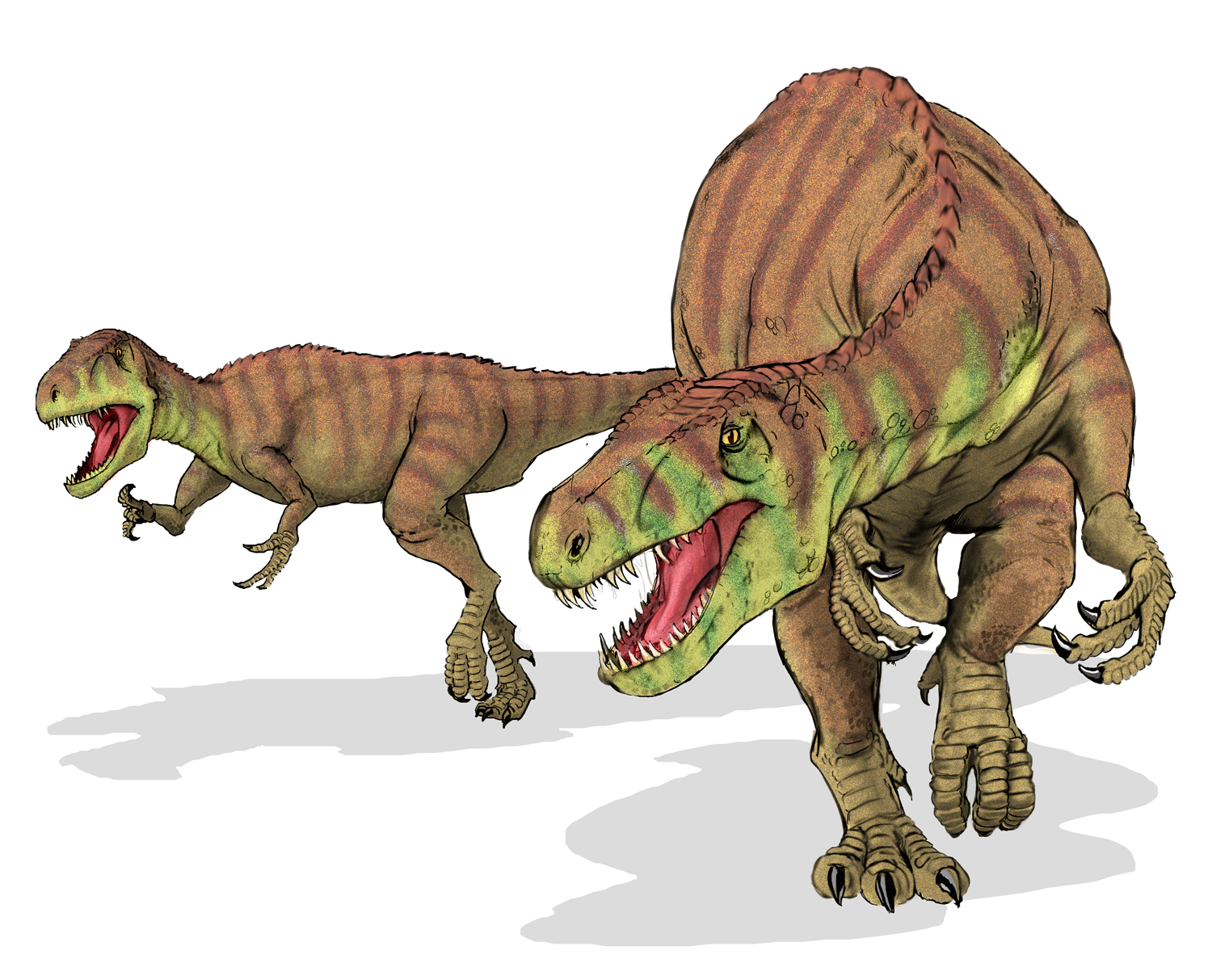This year, I've dipped my toe into the next level as a teacher, (how's that for mixing metaphors?), providing professional development to other teachers.
It's been terrifying. And thrilling.
Today, I spent the morning with a dear friend creating a pitch to present at next year's SXSW EDU. We want to take what we've learned from Making in our classrooms and translate it into something teachers can use in ALL classrooms.
To find out more, check out our video.
And stay tuned -- Ed Remix has lots of ideas, just waiting to be shared.








